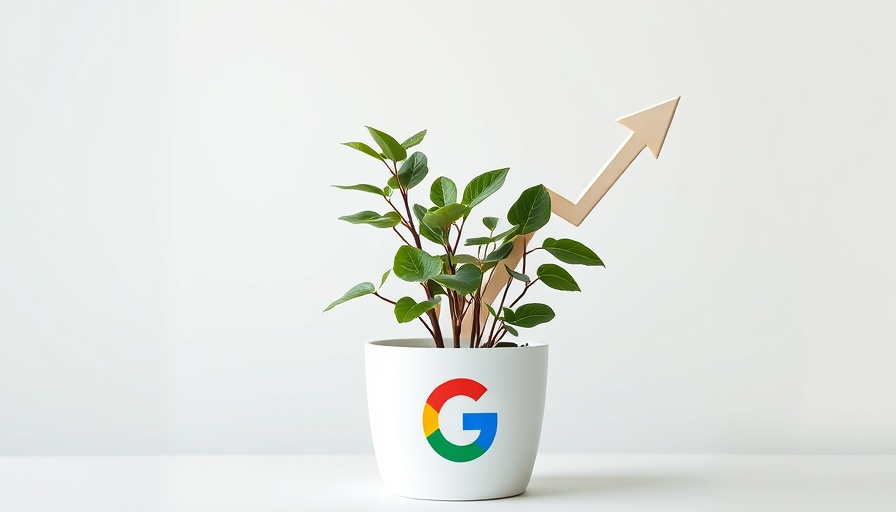
Understanding Google's Web Guide: A New Way to Search
The digital landscape has been drastically reshaped by the way we access information online. Traditional hyperlinking techniques have defined our web experience for decades, guiding users from one webpage to another. However, Google's latest innovation, the Web Guide, marks a pivotal shift towards a more intuitive way of searching, emphasizing meaning over mere links.
The Shift from Links to Semantic Understanding
For years, Google's search results have been dominated by a straightforward list of links, often referred to as the "10 blue links". However, the newly introduced Web Guide aims to redefine this paradigm. Google's vision aligns with the concept of a Semantic Web—a platform where understanding the relationships between concepts takes precedence over simple text indexing.
Through Web Guide, Google introduces an entirely new search experience. Instead of presenting a linear list of URLs, it adopts a visual redesign that clusters results into easy-to-navigate thematic groups. This format is especially useful for complex queries, allowing users to dive into specific areas of interest. For instance, someone exploring "how to solo travel in Japan" can quickly access distinct categories, such as guides, personal experiences, and safety tips, all organized for convenience.
The Technology Behind the Transformation
At the heart of the Web Guide is Google's Gemini AI model. This advanced technology is designed to understand user intent more effectively than ever before. Rather than searching for an exact phrase, Gemini employs a method known as "query fan-out." This technique deconstructs user inquiries into multiple, implicit sub-queries, expanding the search parameters.
For example, if a user searches for advice on traveling solo in Japan, the AI could autonomously derive related internal queries, including concerns about safety, helpful blogs, or using public transportation. By exploring a broad range of topics simultaneously, the search results are richer and more aligned with what users want to find.
A New Age for SEO Strategies
As the Web Guide shapes the SERP (Search Engine Results Page), it urges publishers to rethink their SEO strategies. The interrelation of themes rather than isolated links may require content creators to focus on semantic relevance and cluster-based organization in their efforts to reach users effectively. This shift could lead to the emergence of what some experts call Generative Engine Optimization or GEO.
Publishers will need to adjust their tactics, prioritizing content that resonates with the diverse intents that users may have when they search. This proactive approach towards content creation can lead to better visibility and engagement as the search landscape continues this transformation.
Looking Ahead: What This Means for Search Engine Users
As Google continues to evolve its search capabilities, users can expect a more tailored experience when searching for information online. The implications of the Web Guide extend beyond mere aesthetic changes; they symbolize a deeper understanding of how knowledge should be organized and consumed in the digital age.
This transformation allows for better personalization, making it easier for users to find exactly what they need. This will enhance the overall online experience, paving the way for a future where information is not just about access, but meaningful context and understanding.
Conclusion: Preparing for Change
In summary, Google's Web Guide is not just a redesign; it is a significant step towards shaping a more intelligent search experience based on semantic understanding. As this paradigm shift unfolds, both users and publishers must adapt to the new search methodologies to stay relevant. Embracing this change will ensure that users have access to the most pertinent information quickly while enabling businesses to optimize their content effectively.
Stay informed and prepared as these changes roll out, as they will undoubtedly affect strategies in SEO and how we connect with information on the web.
 Add Row
Add Row  Add
Add 




Write A Comment